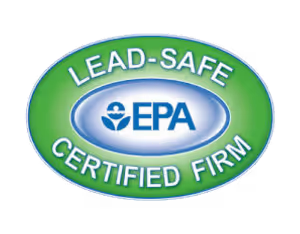The Dangers of Mattress Mold | Mold in Mattress Symptoms
Mold is a problem that can be found in any home, and mattresses are no exception. If your mattress has been exposed to excessive moisture or humidity, it may be harboring mold spores. It's important to know the symptoms of mattress mold so that you can identify it quickly and address the problem before it gets worse. Here’s what you need to know about this potentially hazardous issue.
Signs and Symptoms of Mattress Mold
The most obvious symptom of mattress mold is a musty odor coming from the mattress itself. This smell could also be a sign that mildew is growing on your mattress cover or pillowcases, but if there are visible spots on the surface of the mattress itself, then mold is likely the culprit. You should also look for discoloration on your mattress—a yellowish or brownish color could indicate the presence of mold. In addition to physical signs, an infestation of mold in your bedding could cause sneezing and coughing fits at night due to its airborne spores. Allergy-like symptoms such as watery eyes and runny noses can also occur if you have been exposed to large amounts of mold spores for extended periods of time. In extreme cases, long-term exposure can lead to respiratory illnesses such as asthma or bronchitis.
Preventing Mattress Mold
To prevent your mattress from becoming infected with mold, make sure it stays dry at all times by using a waterproof mattress protector and regularly airing out your bedding in direct sunlight. Make sure any spills or accidents are cleaned up immediately with a cloth dampened with warm water and mild detergent so that moisture doesn't seep into the fibers of your bedding material. Humidifiers can help reduce moisture levels in the air, which will also prevent mold growth on your mattress.
Conclusion:
Mold growth on your mattress should not be taken lightly; it can cause serious health issues if left untreated for too long. Knowing how to recognize signs of infestation is key for preventing or addressing this issue before it gets out of hand. If you suspect you have a mold issue in your home, contact a professional pest control service right away for an inspection and treatment plan tailored specifically to meet your needs!






.avif)


